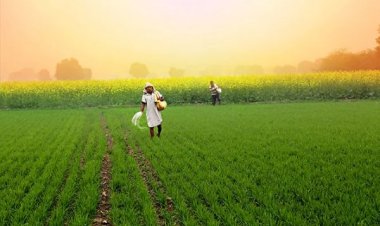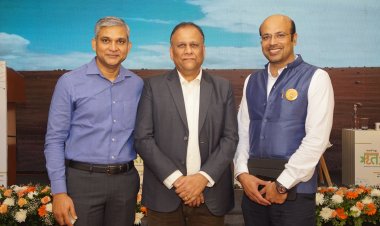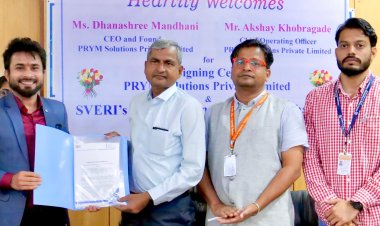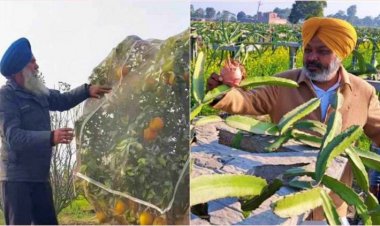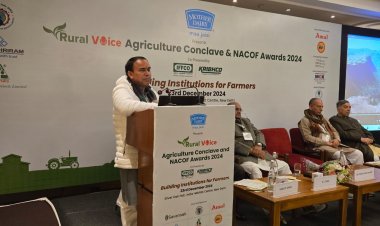Rural Development: No Increase in MGNREGA Budget, Additional houses under PM Awas
Presenting the Union Budget 2024-25, Finance Minister Nirmala Sitharaman announced allocation of Rs 2.66 lakh crore for rural development.

Presenting the General Budget for 2024-25 in Parliament, Finance Minister Nirmala Sitharaman announced a significant allocation of Rs 2.66 lakh crore for rural development. A key highlight is the construction of three crore additional houses in rural and urban areas under the PM Awas Yojana.
The budget for the Rural Development Department has increased from last year's revised estimate of Rs 1.71 lakh crore to Rs 1.77 lakh crore. However, the Mahatma Gandhi National Rural Employment Guarantee Program (MGNREGA) has seen no increase, maintaining the budget at Rs 86,000 crore, the same as last year's revised estimate. This remains lower than the Rs 90.8 thousand crore allocated in 2022-23, which was reduced to Rs 60 thousand crore in 2023-24.
Fourth Phase of PMGSY Announced with Reduced Budget
The Finance Minister announced the launch of the fourth phase of the Pradhan Mantri Gram Sadak Yojana (PMGSY), aimed at providing all-weather connectivity to 25,000 rural settlements. Despite this expansion, the budget for PMGSY has been reduced by about 37 percent, from last year’s budget estimate of Rs 19 thousand crore to Rs 12 thousand crore this year, which is also less than last year's revised estimate of Rs 17 thousand crore.
Three Crore Additional Houses Under PM Awas Yojana
Sitharaman highlighted that three crore additional houses will be built under the PM Awas Yojana in both rural and urban areas. The budget for PM Awas Yojana-Rural is set at Rs 54,500 crore, almost equal to last year's budget estimate. However, this is about 70 percent more than last year's revised estimate of Rs 32 thousand crore.
Land Records Digitisation Initiative
The Budget also proposed the digitisation of land records in rural areas to create a unique identification number, 'Bhoomi Aadhaar,' for land. The central government will collaborate with states to implement these land reforms in both rural and urban areas, with incentives and financial support provided to states to complete these reforms over the next three years.



 Join the RuralVoice whatsapp group
Join the RuralVoice whatsapp group


















